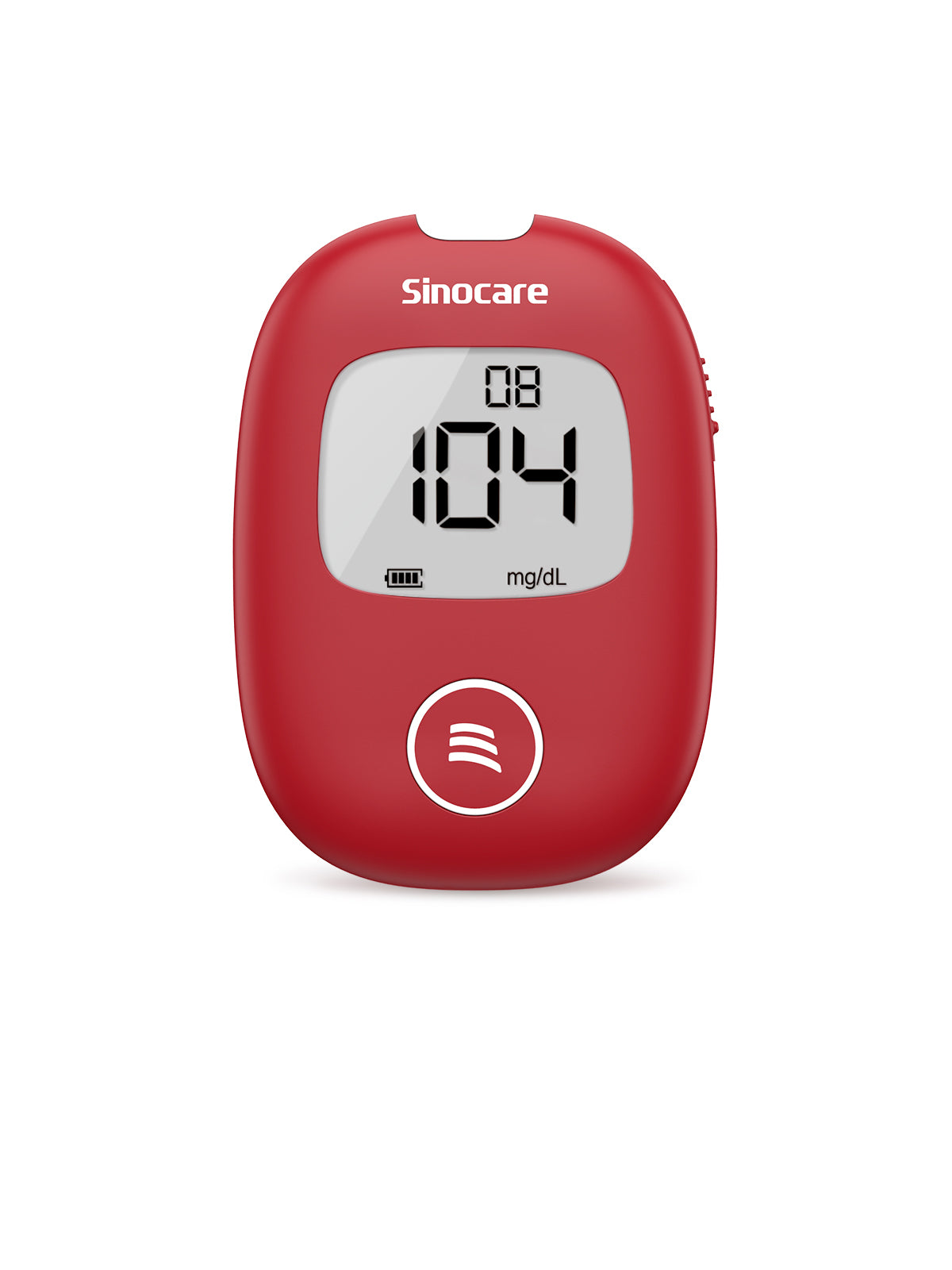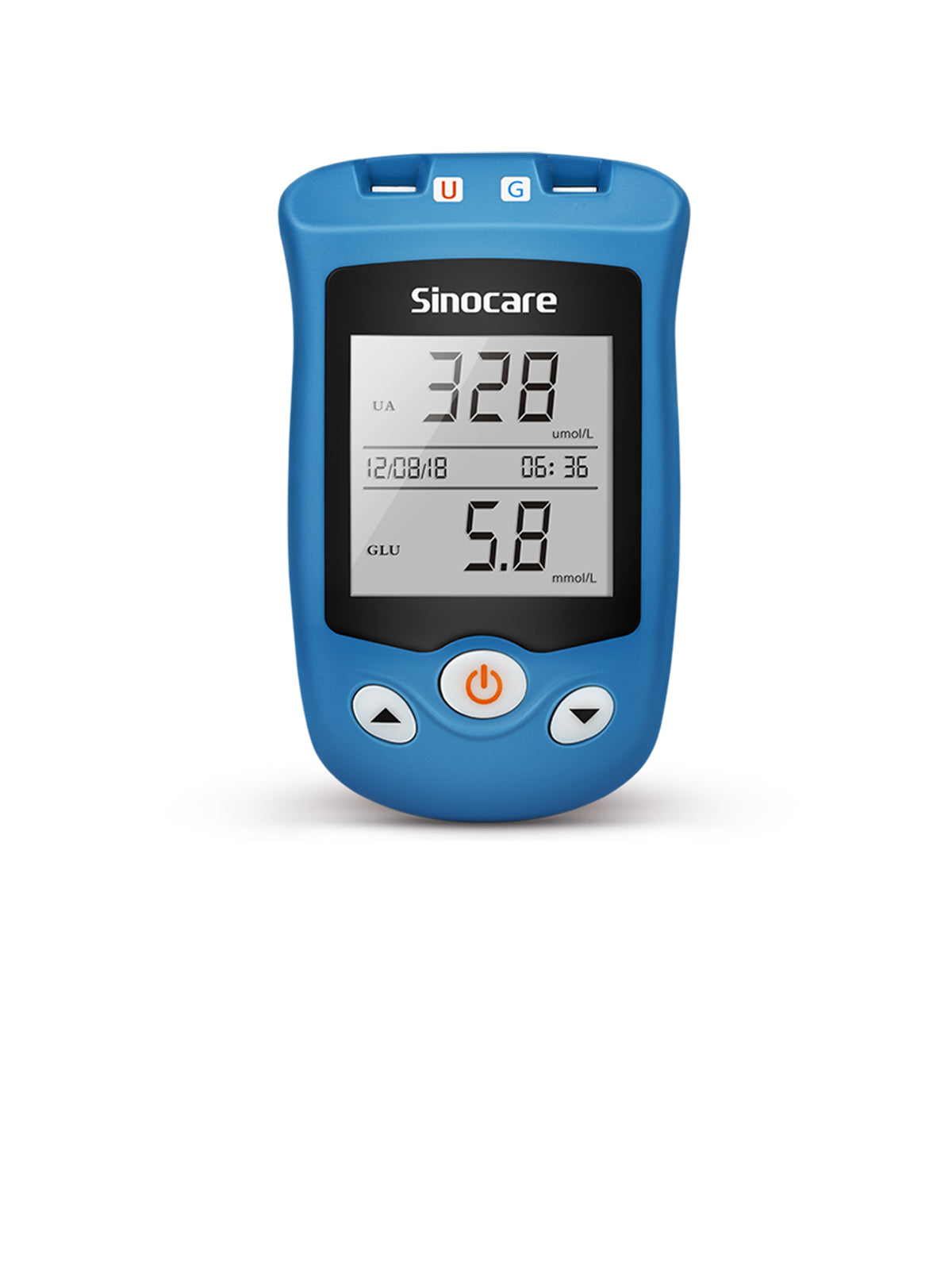Diabetes is a complex metabolic disorder that requires careful management of blood sugar levels to prevent complications. While genetics play a significant role in its development, lifestyle habits also exert a profound influence. Among these habits, some can directly impact the health of the pancreas, the organ responsible for producing insulin. In this blog post, we'll delve into eight common habits that can lead to pancreatic failure and exacerbate blood sugar control issues in individuals with diabetes.

Long-term heavy drinking
Generally speaking, blood sugar levels after a meal consumed with alcohol are not high. However, if you measure your blood sugar before and after the next meal on the day of drinking alcohol and the fasting blood sugar the next day, you will find that these levels are higher than usual. In addition, drinking alcohol can also easily trigger pancreatitis, and drinking alcohol on an empty stomach can increase the risk of hypoglycemia. Undoubtedly, it's the most direct harm to the pancreas!
Staying up late
The harm caused by staying up late, I believe, needs no elaboration, as most people are aware of it. Not only does it accelerate aging, but it also affects various organs in the body.
Staying up late significantly impacts blood sugar and blood pressure, leading to the secretion of hormones that promote blood sugar elevation. Therefore, individuals with diabetes must maintain regular sleep patterns to ensure an adequate amount of sleep.
Overeating
If you overeat, the pancreatic beta cells have to secrete more insulin to metabolize the blood sugar fluctuations caused by excessive food intake, which invisibly increases the burden on the pancreatic beta cells. Additionally, overeating is also a common trigger for acute pancreatitis.
It's essential to eat regular meals every day and stop when you're about 70-80% full.
Eating too much greasy food
Consuming too much fat can impede blood flow, affecting the microcirculation of the pancreatic blood vessels and leading to inadequate blood supply, thereby triggering pancreatitis. A high-fat diet can also accelerate the turnover of pancreatic cells, increasing their sensitivity to carcinogens.
Therefore, individuals with diabetes should try to eat fewer or no high-fat foods, such as fried foods, fatty meats, and animal organs. Additionally, daily oil intake should be limited to between 25-30g. Furthermore, reduce the intake of foods high in cholesterol.

Not eating staple foods
Many diabetes patients define "staple foods" as the main culprit for raising blood sugar levels and eat very few or even no staple foods in an effort to control their blood sugar.
Eating too few staple foods can lead to insufficient energy supply. To replenish the energy needed by the body, the body will inevitably consume its own fat and protein. Over time, individuals may become increasingly lean, and their resistance will decrease.
Diabetes patients should eat staple foods, paying attention to the combination of coarse and fine grains and controlling the quantity. They can still effectively control blood sugar levels!

Relying on health products
The real concern is when health products have an obvious blood sugar-lowering effect.
Because these health products may contain other substances that lower blood sugar, such as added components of antidiabetic drugs. And we have no knowledge of the drug ingredients or dosages added to these health products, which can easily lead to organ damage due to irrational medication.
Only testing fasting blood sugar
Many individuals with diabetes do not pay enough attention to postprandial blood sugar levels; they typically only test fasting blood sugar. On one hand, this may be because it's inconvenient to test postprandial blood sugar when they're out, and on the other hand, it might be because they don't want to confront the reality of their eating choices.
However, the harm of high postprandial blood sugar is actually greater than that of fasting blood sugar. Prolonged elevation can cause atherosclerosis, making blood vessels brittle and prone to rupture. If fasting blood sugar is normal but postprandial blood sugar is not within range, it results in significant blood sugar fluctuations, which can cause substantial damage to blood vessels and the pancreas, and this should not be underestimated!
Final thoughts
In summary, managing diabetes requires addressing both genetic factors and lifestyle habits. By recognizing and changing these habits, people with diabetes can take important steps toward better health. It's crucial to prioritize healthy choices like balanced eating, regular exercise, good sleep, and consistent blood sugar monitoring. Working closely with healthcare providers to develop personalized strategies is key to controlling blood sugar and staying healthy in the long run.










Laisser un commentaire
Tous les commentaires sont modérés avant d'être publiés.
Ce site est protégé par hCaptcha, et la Politique de confidentialité et les Conditions de service de hCaptcha s’appliquent.